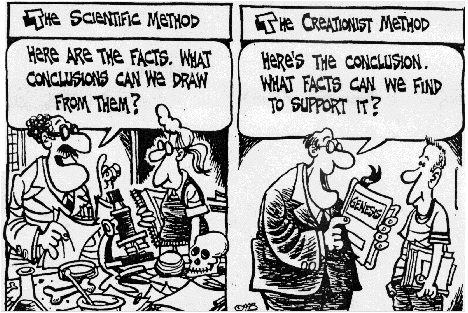It has been a bit over a week since Martin Delaney’s memorial service. It was beautiful, and quite overwhelming for me on a personal level. It was truly a testament to Marty as a person and an activist.
I want to share a story from Marty’s passing, to illustrate a powerful human tendency- one which we are all subject to and would do well to pay attention to.
At the memorial Marty’s sister talked about Marty finding god in his deathbed. I was witness to this myself. When I went to the hospital to sit with Marty a few days before he died, at one point he said, quite clearly and unambiguously, ’ I never believed in god, but now I do and know I am going to heaven.’
Marty’s sister replied, ’He never stopped believing in you.’
I remained quiet.Hearing Marty say he had found god made me uncomfortable. But that is not my point here. Both Marty’s sister and I heard him say the same thing, and came to vastly different conclusions about it. She heard him say that he found god, and believed that he had found god. I heard him say he found god, and thought it was the cancer and the drugs.
Neither of us really knows what was going on for Marty. He might have had a genuine spiritual experience. He might have had a opiate induced hallucination. Or something else.
The point is that his sister believes in god, so she heard his words as a reflecting a real experience of Marty connecting with god. I do not believe in god, so I saw it as the simple seqelae of the cancer and all the drugs he was being given to keep him comfortable.
We do this all the time. We filter the vast amount of data the world hurls at us each minute of each day, looking for patterns and meaning in the deluge. We have a natural bias toward fitting this information into our worldview. We tend to notice, retain and ascribe meaning and truth to those things that confirm what we already believe. We tend to discount and dismiss that which doesn’t.
AIDS activist need to check this tendency on a regular basis. We all hold our own biases- we think that drug X is better than drug Y, or that ’natural’ medicine is better or worse than ’western’ medicine. When we read journal articles or posters, the more aware we are of these biases, the better job we can do at scrutinizing the data.
Last week I went to the desert with two of my dearest friends. On the way back we listened to a recording of a talk by a critic of genetically modified foods. We then had a spirited and at times contentious discussion about the relative merits of the talk, and more broadly the science of GM foods.
In the course of this conversation, I argued that we should be extra critical of things that confirm what we already believe- that is we should challenge our own confirmational biases.
This does not mean that you automatically disbelieve anything that supports your views. I still do not believe in god. I still think that there is much stronger evidence of the existence of opiate induced hallucination that there is for the existence of god. The point is to notice our biases, and put them to the test. If they stand up to this scrutiny, the ideas grow stronger.
Marty taught me a lot about challenging our own biases. Quite often he was the one activist in the room willing to take a contrary position to the rest of us. Often times he did this simply to challenge us, to make us make our case better, to force us to see the issue at hand through other lenses.
He is still teaching me.








5 Comments
5 Comments